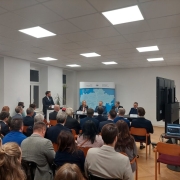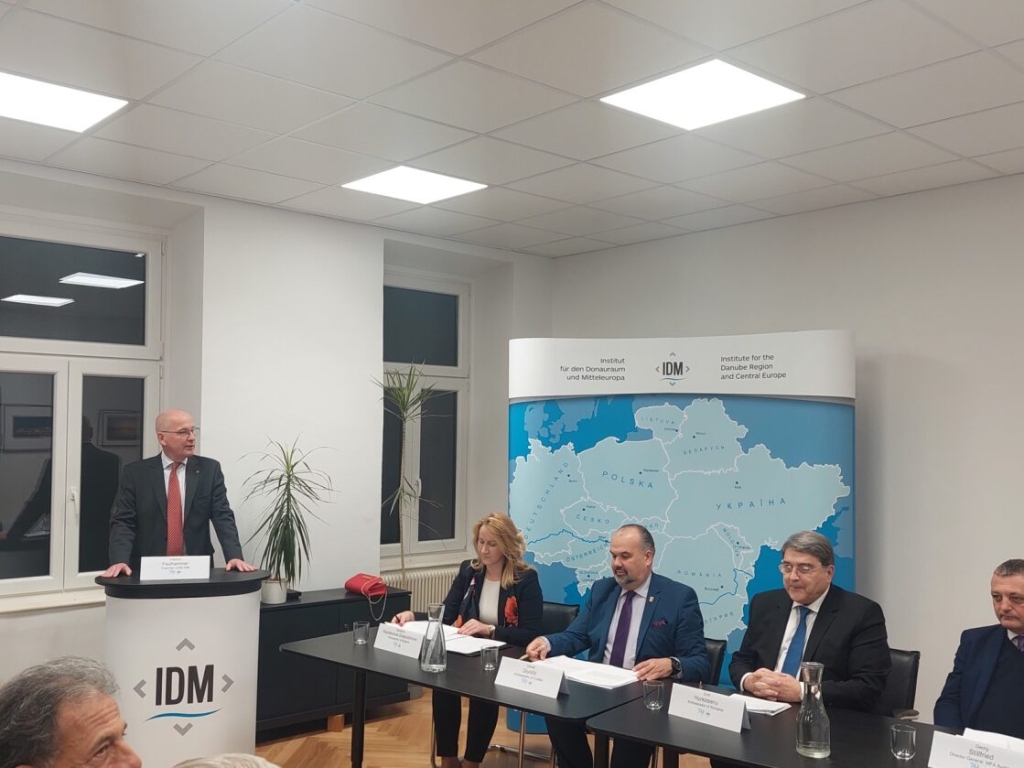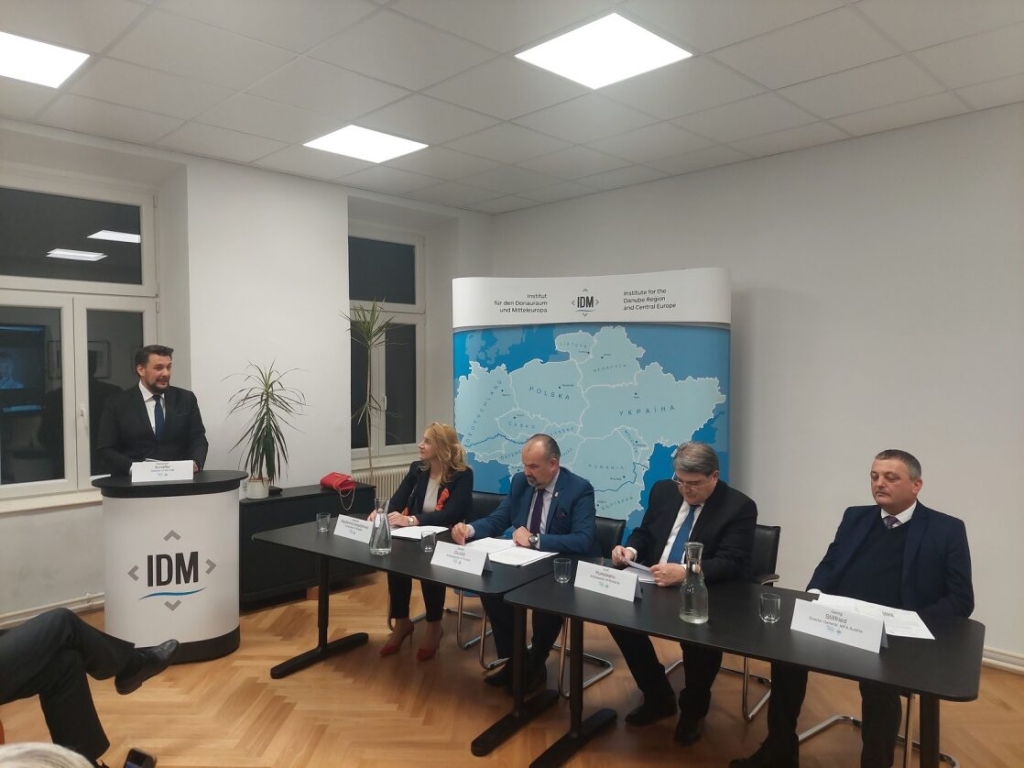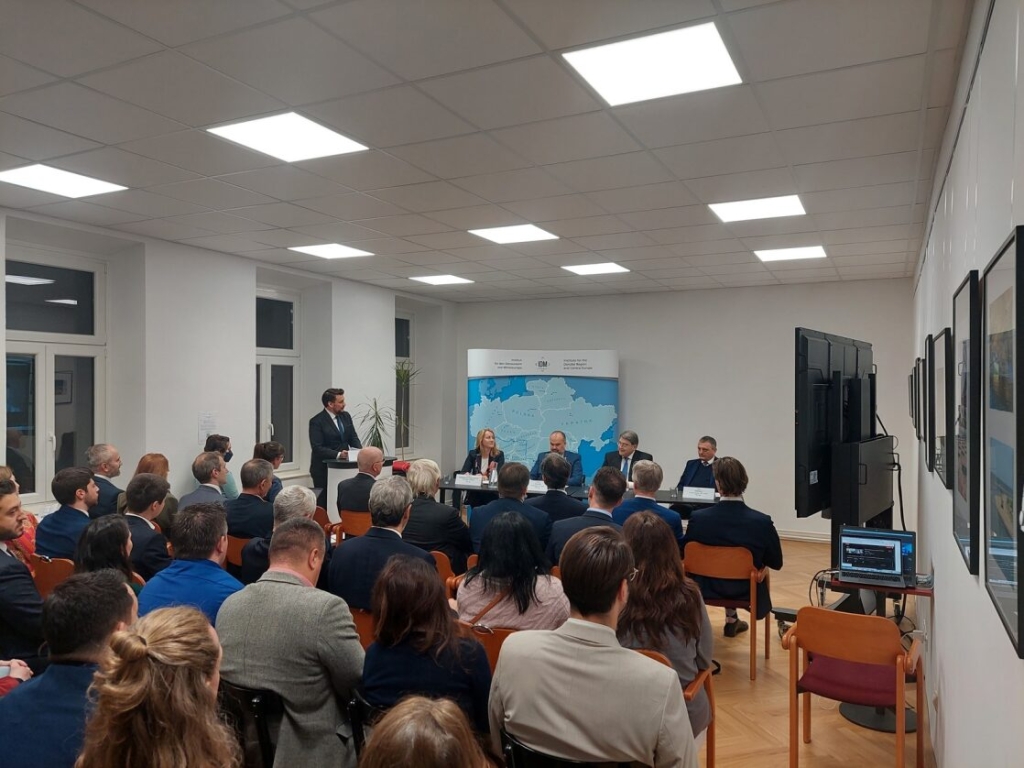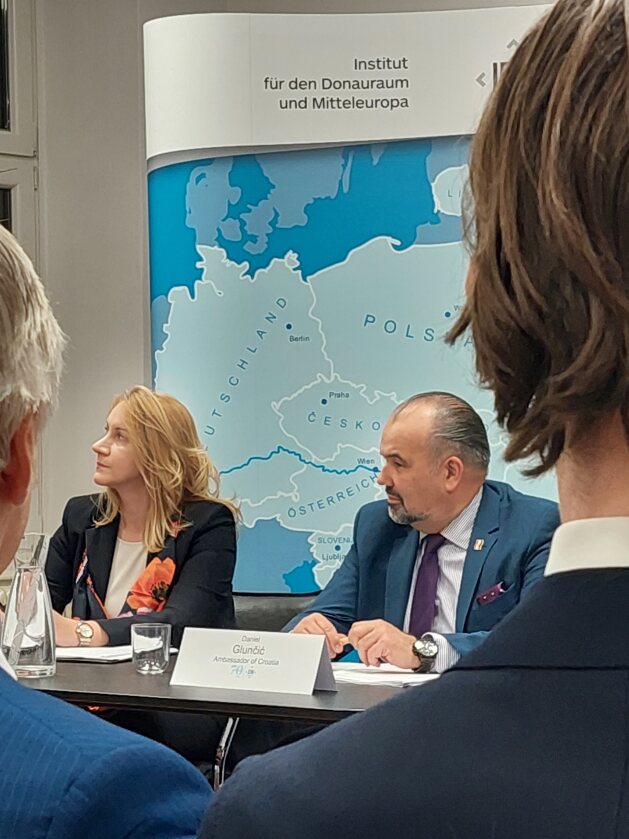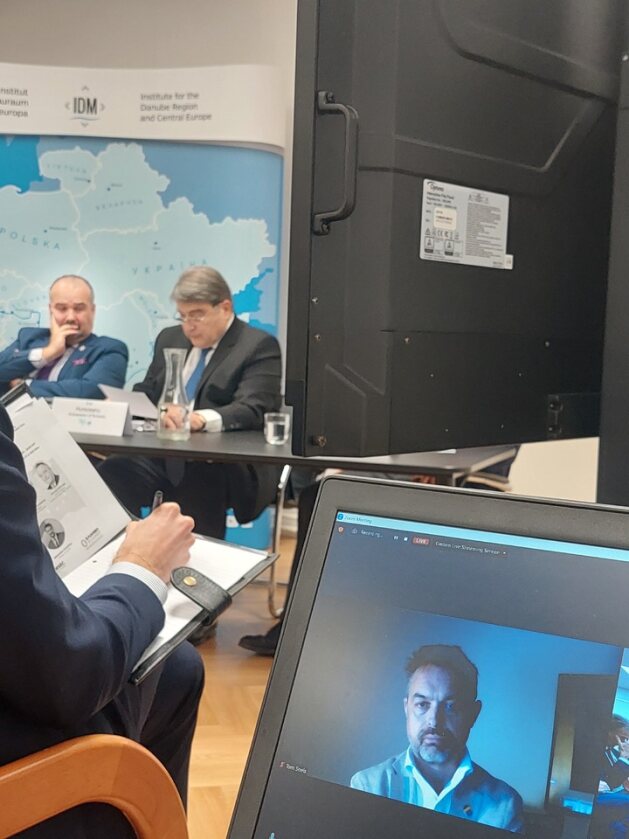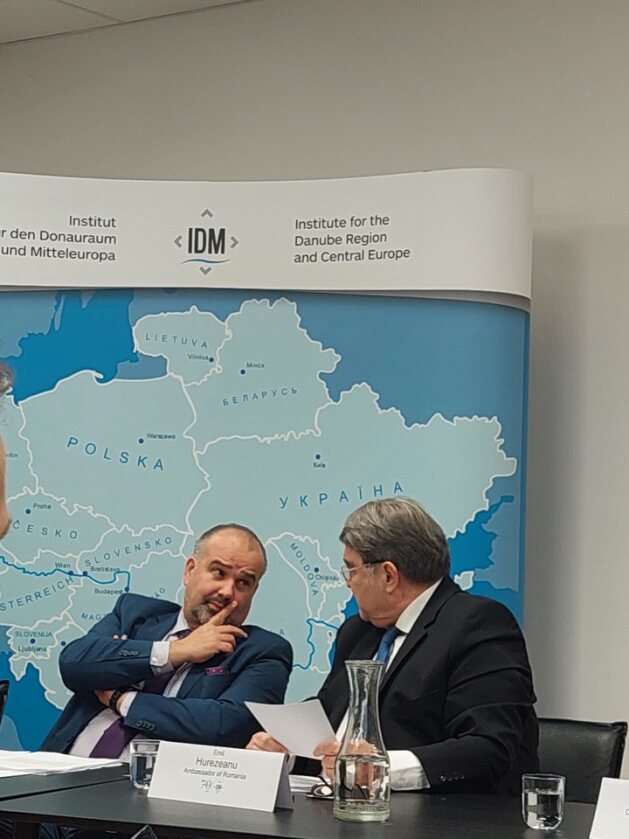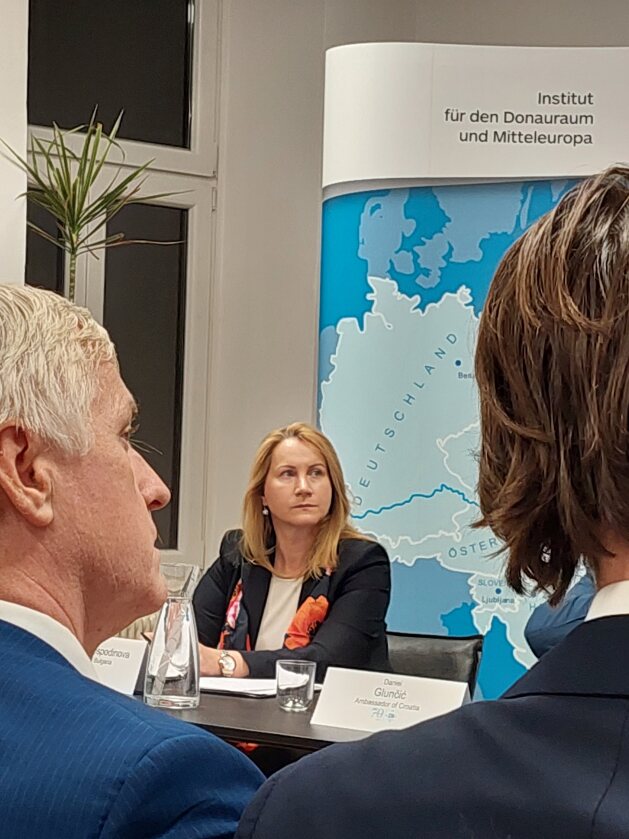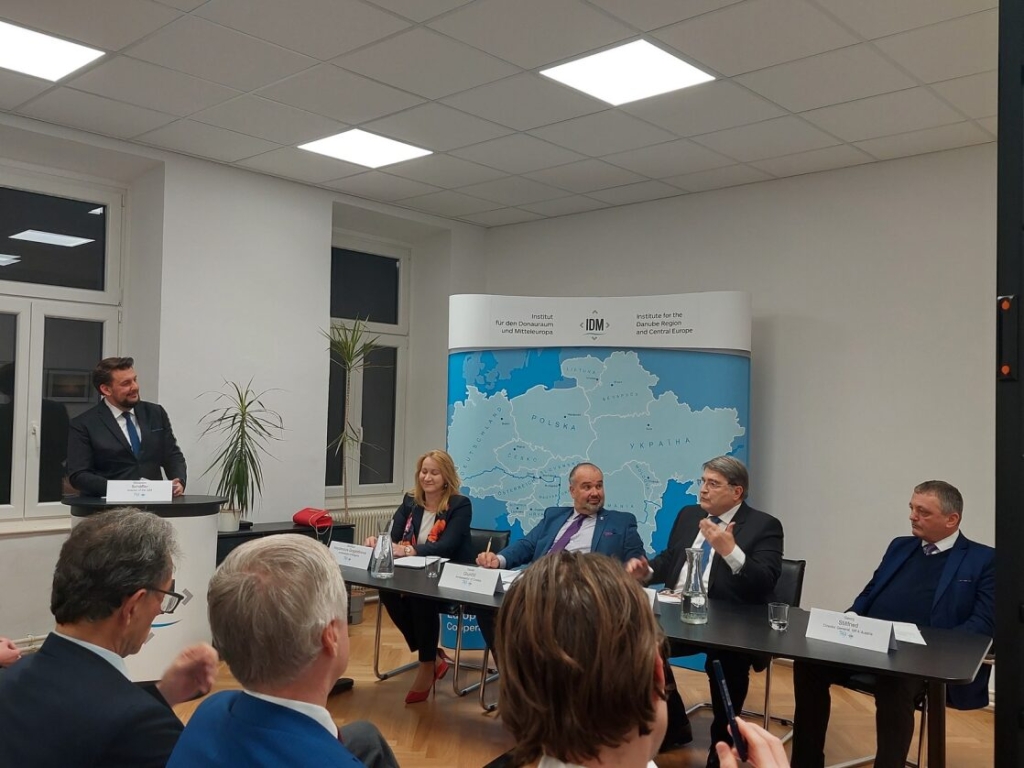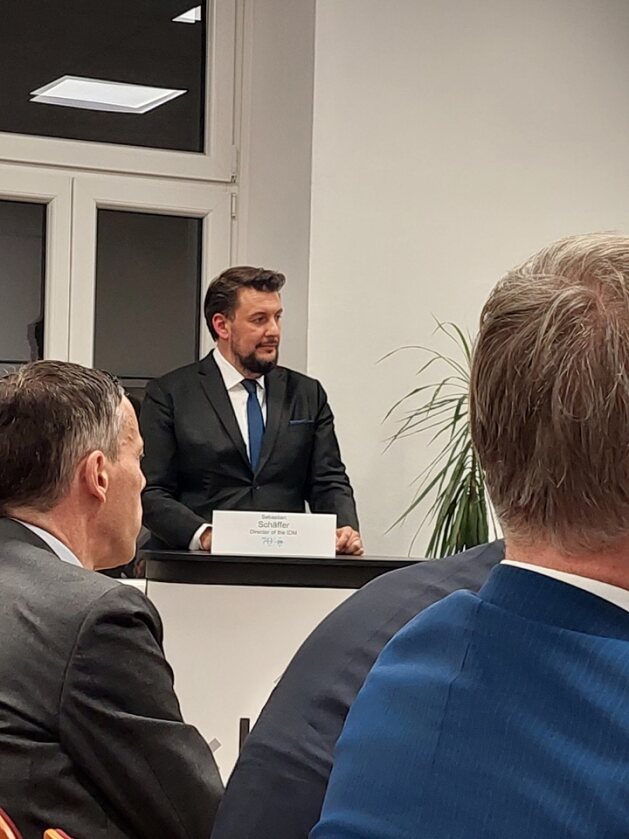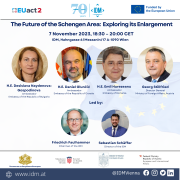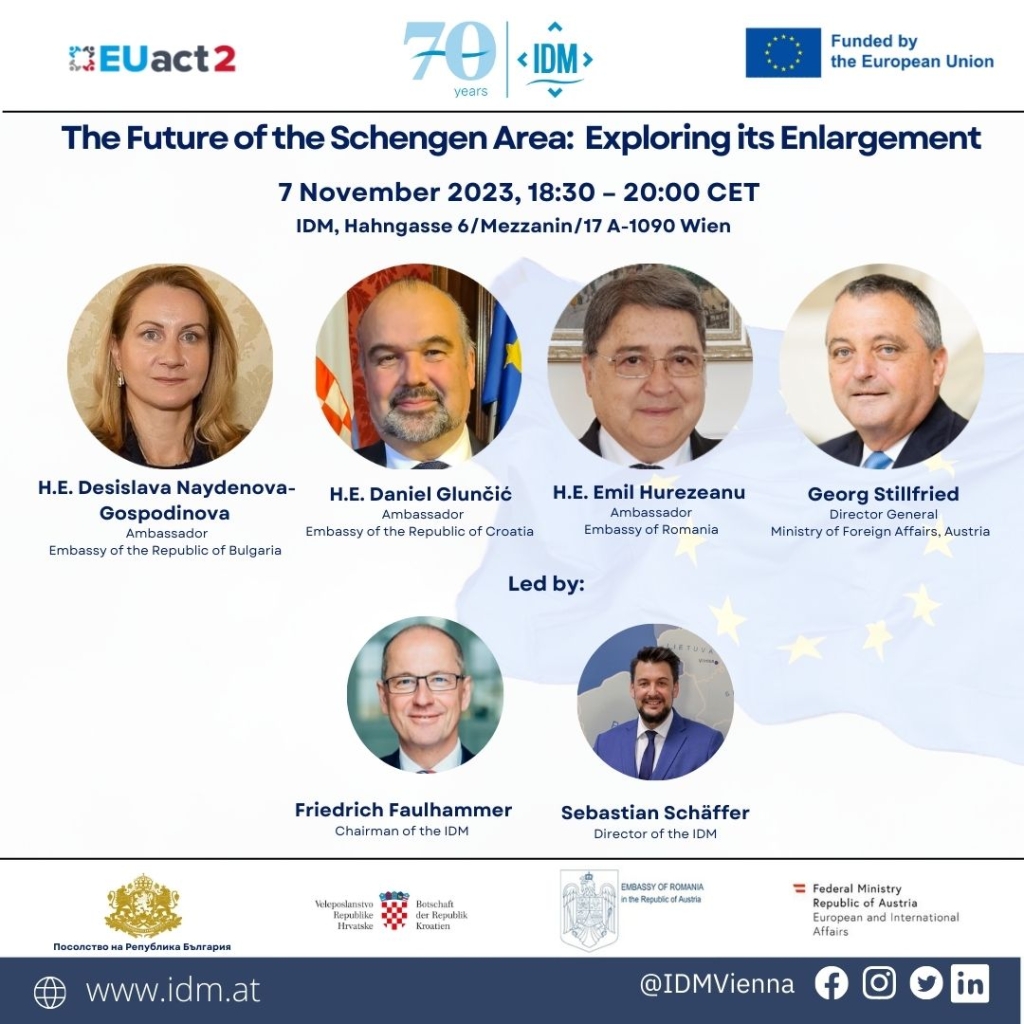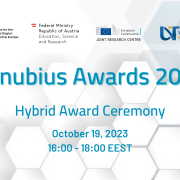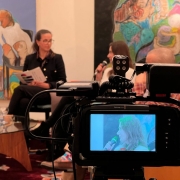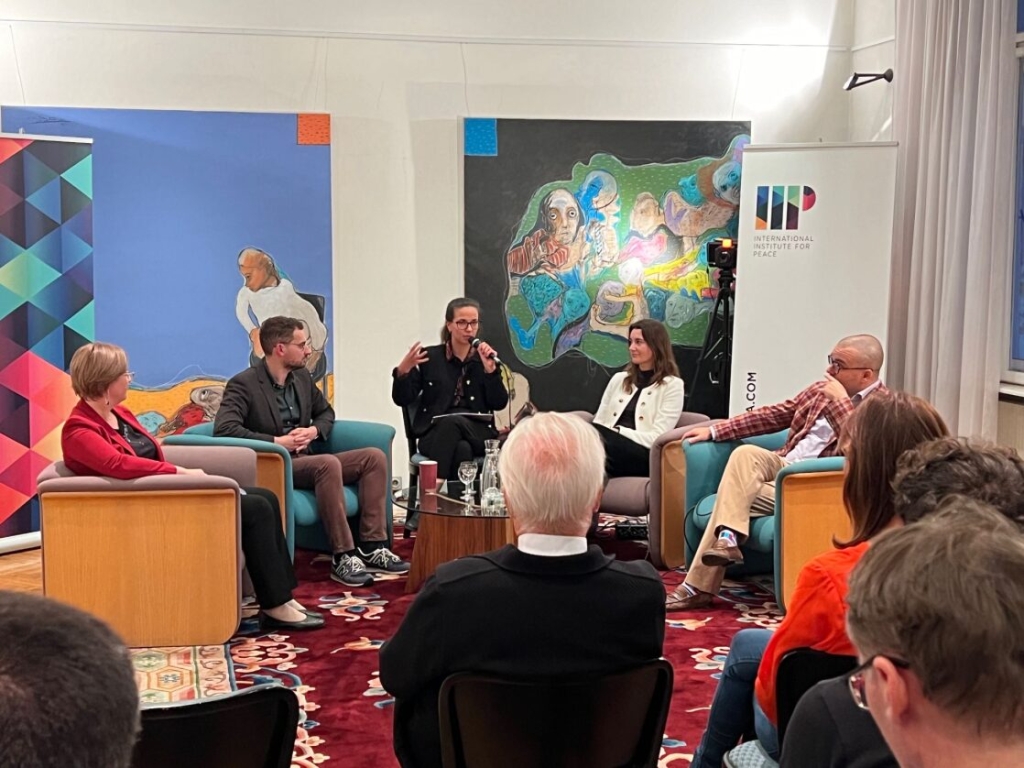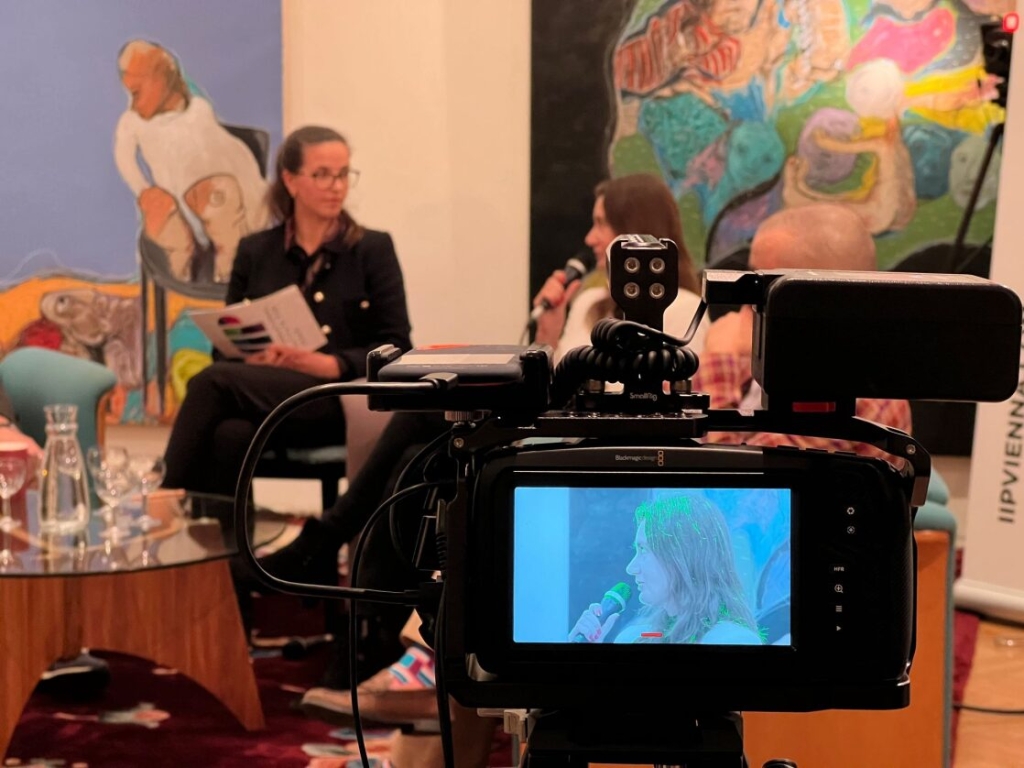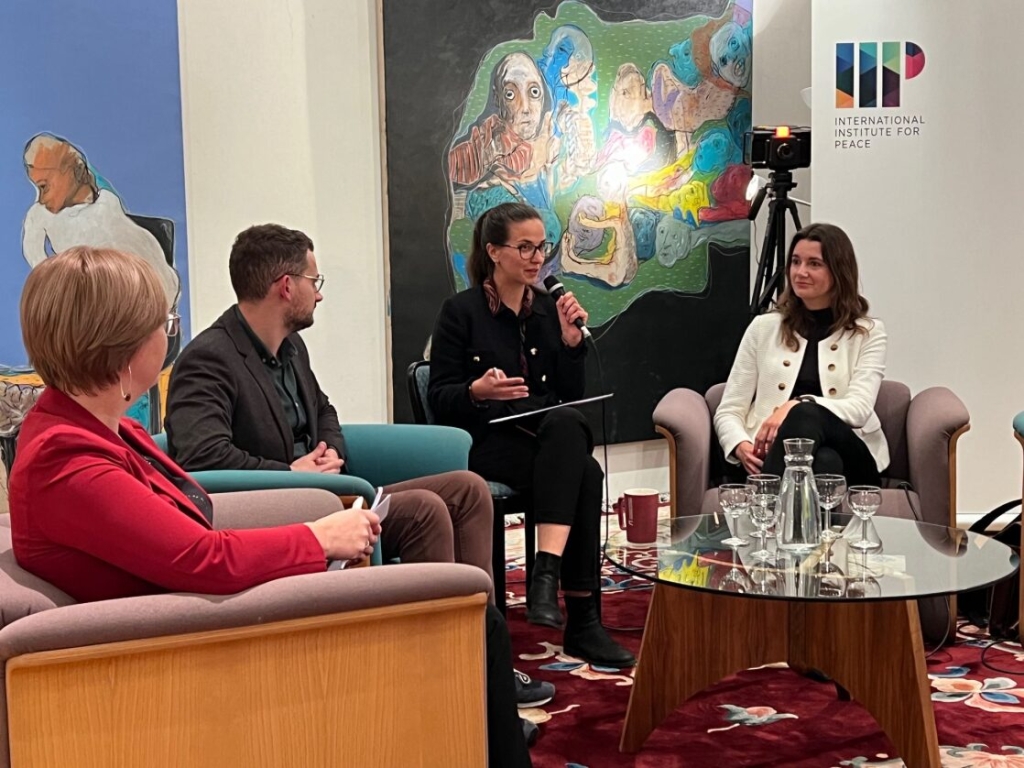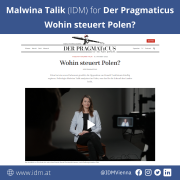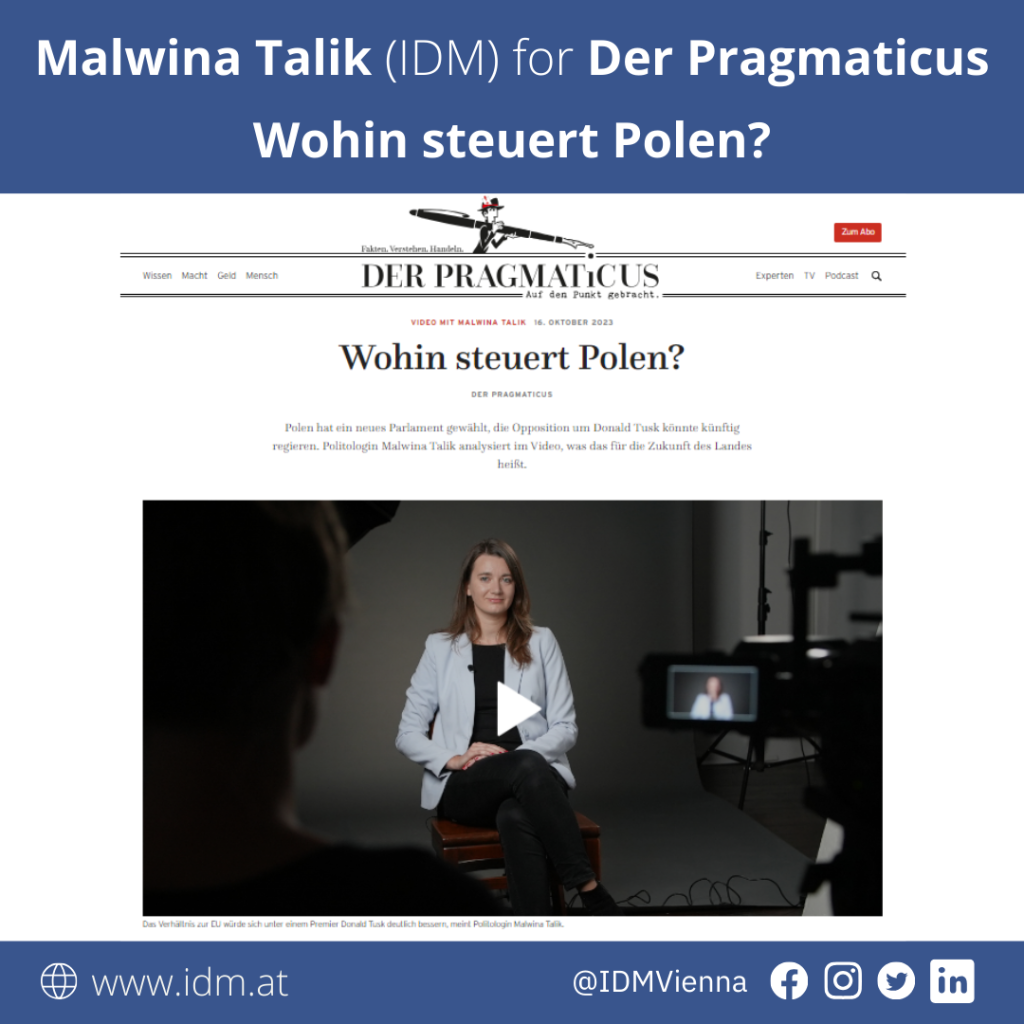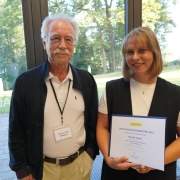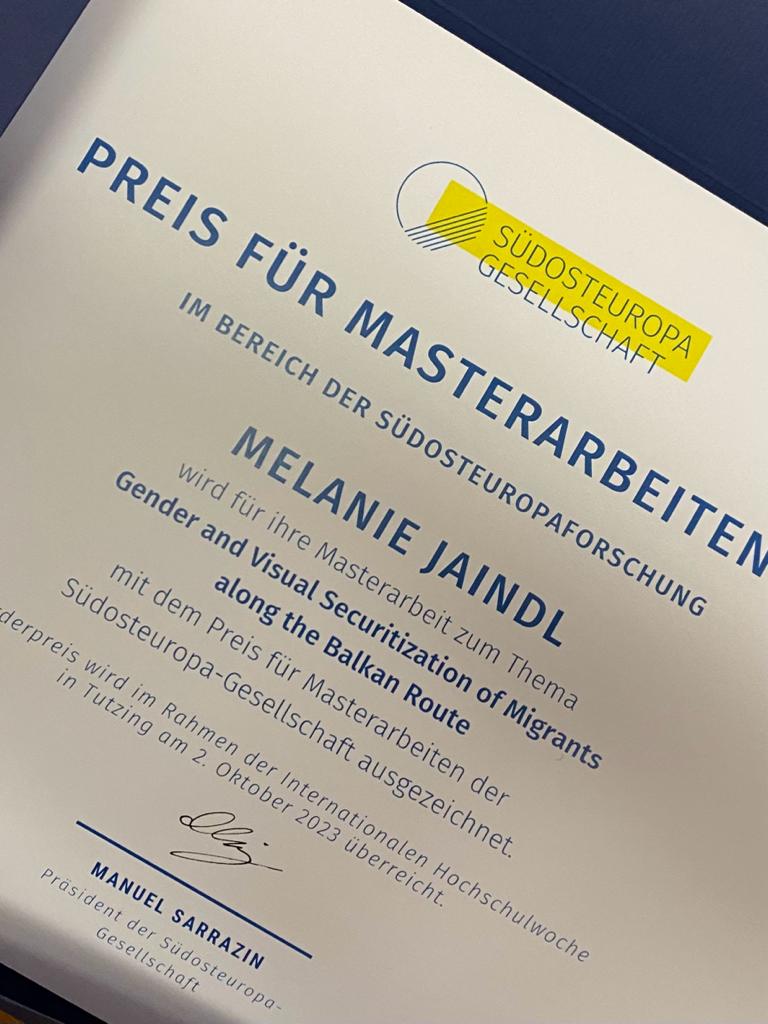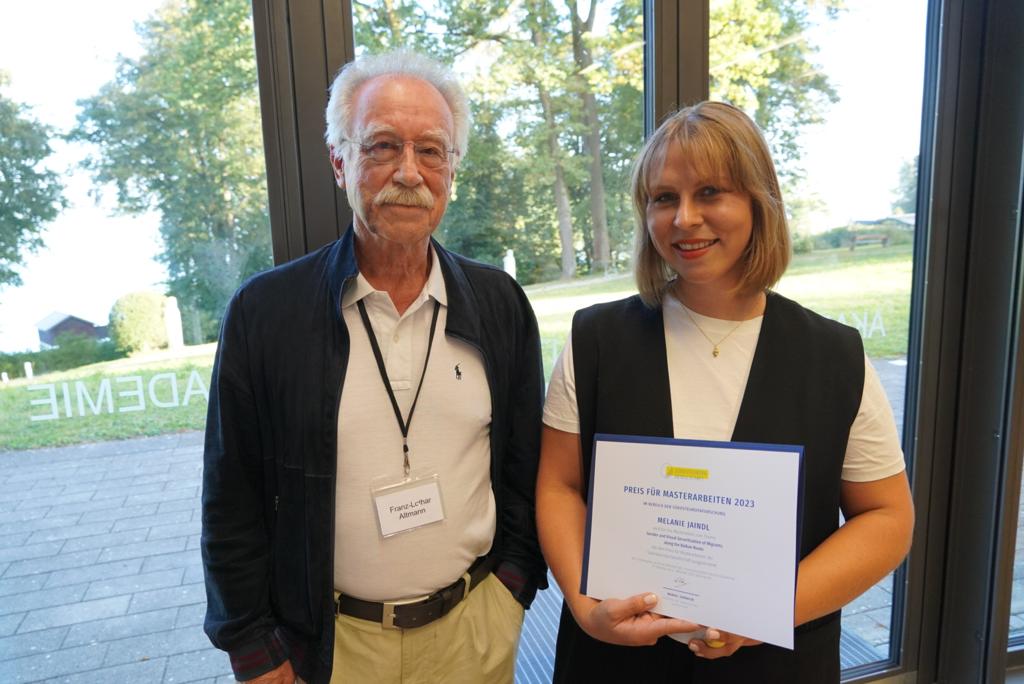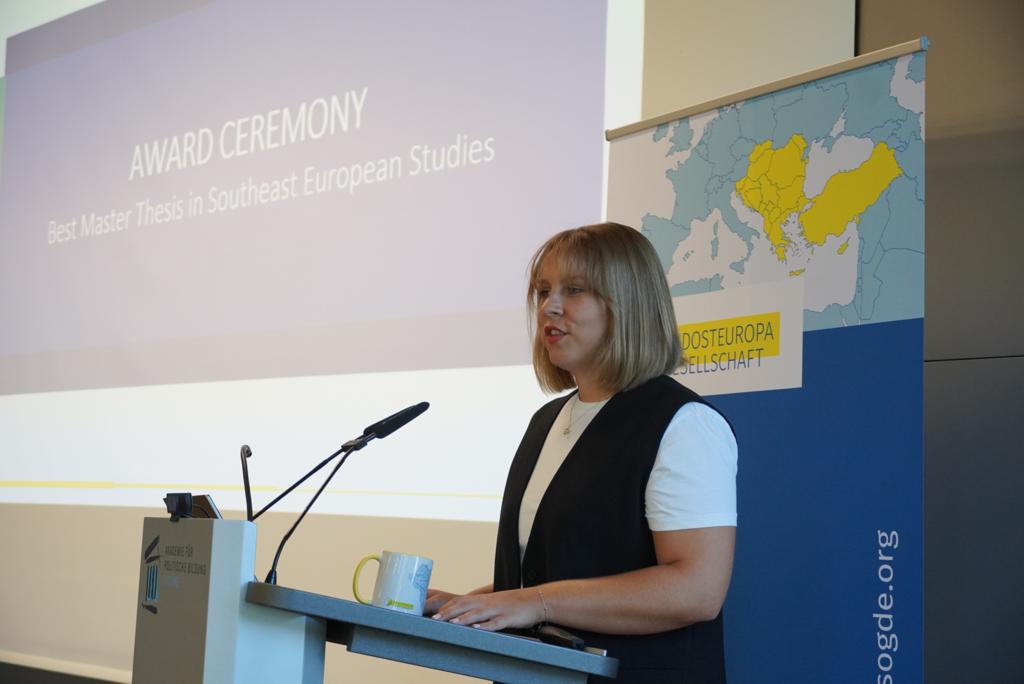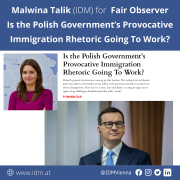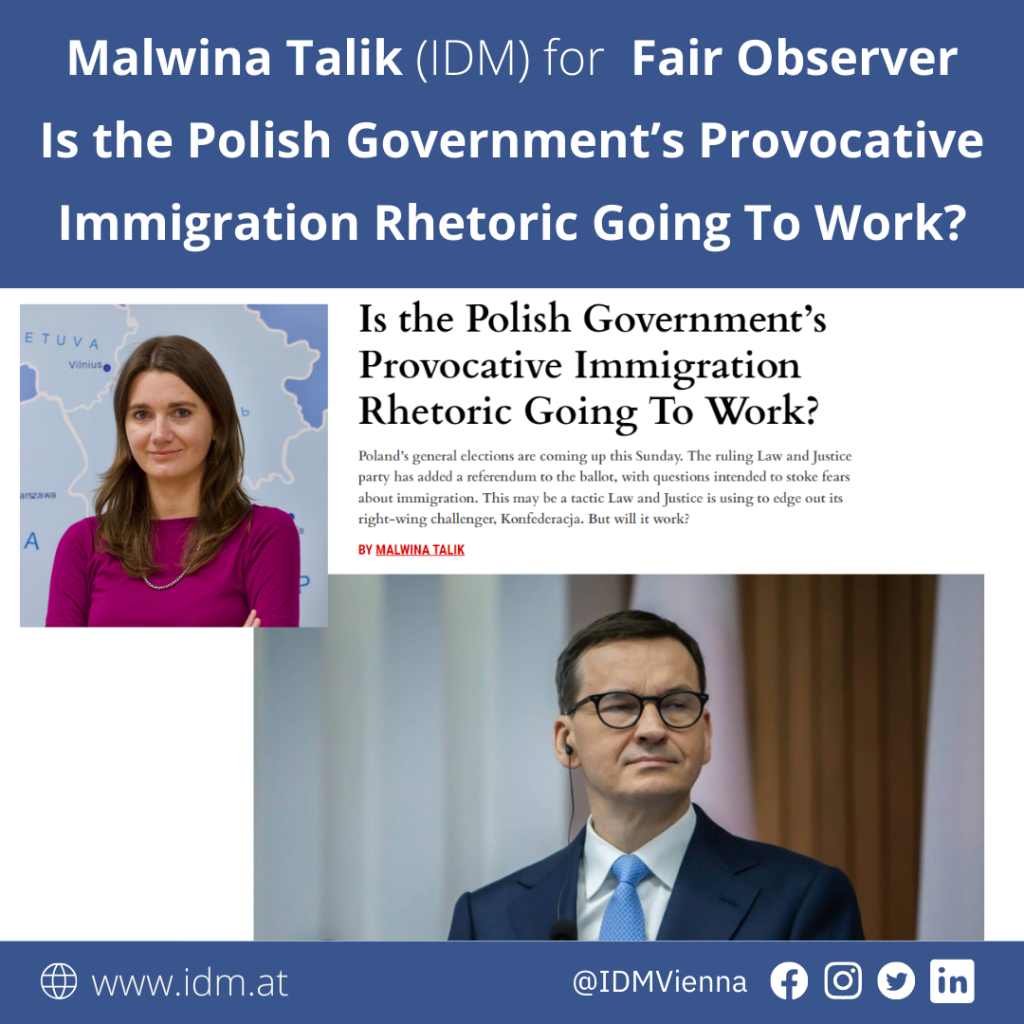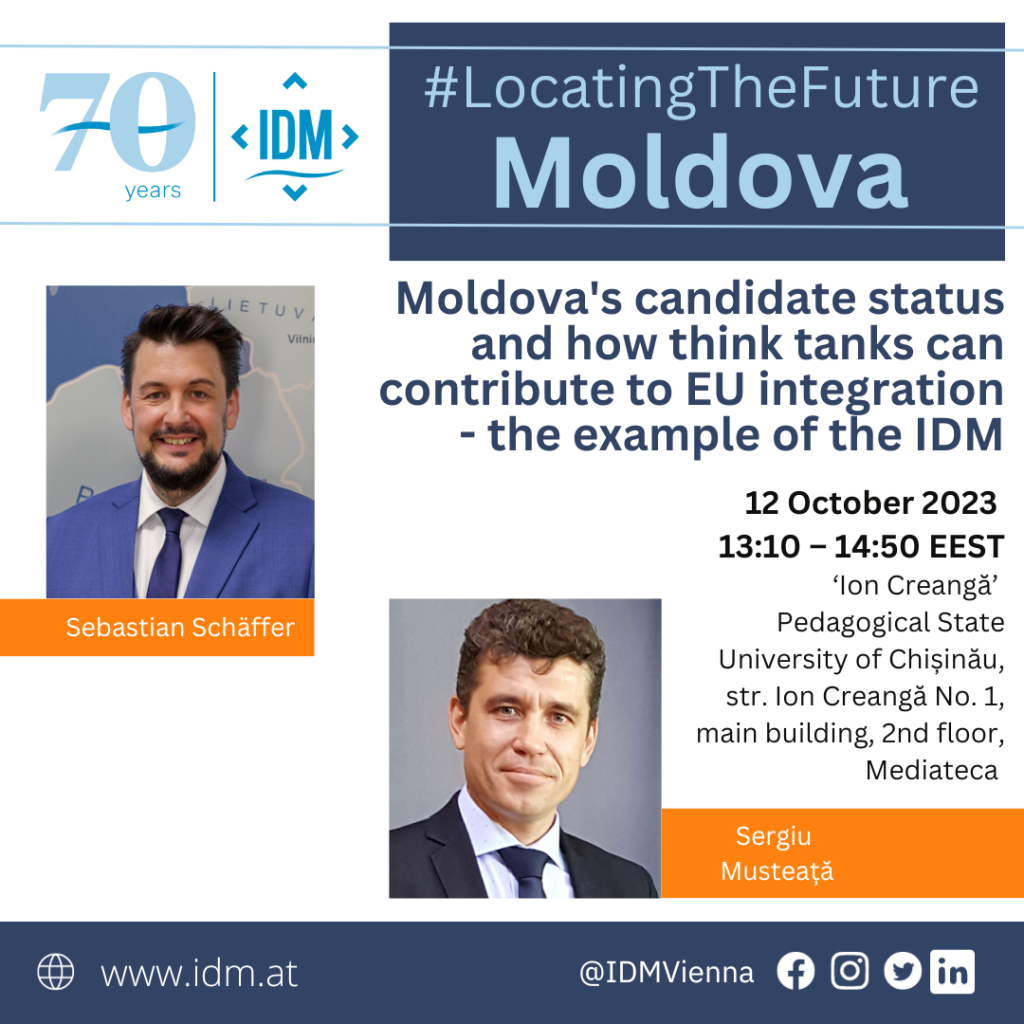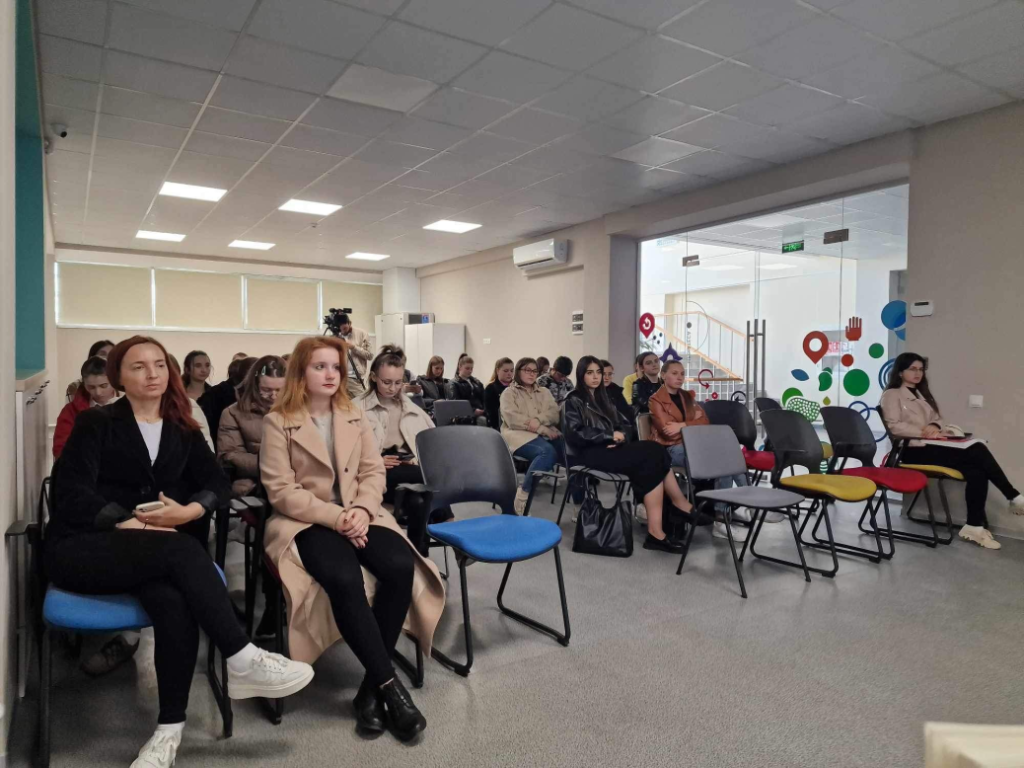BM Polaschek: Forschende im Rahmen der Danubius Awards 2023 ausgezeichnet
Bei der Verleihung der Danubius Awards 2023 wurden Forschende aus dem Donauraum für ihre wissenschaftlichen Leistungen geehrt.
Am 19. Oktober wurden im Rahmen der Danubius Awards 2023 Forschende, die sich in hervorragender Weise mit dem Donauraum auseinandergesetzt haben, ausgezeichnet.
Der „Danubius Award 2023“ ging an Univ.-Prof. PD Dr. Andreas H. Farnleitner MSc.Tox. Ass.Prof. Dr. Marco Beaumont wurde mit dem „Danubius Mid-Career Award 2023“ ausgezeichnet. Darüber hinaus wurden 14 Nachwuchswissenschafterinnen und –wissenschafter aus dem Donauraum mit dem „Danubius Young Scientist Awards geehrt.
Martin Polaschek, Bundesminister für Bildung, Wissenschaft und Forschung gratulierte den Preisträgerinnen und –trägern und betonte die hohe Relevanz exzellenter wissenschaftlicher Forschung für den Wissenschaftsstandort Österreich und den Donauraum.
„Die Preisträgerinnen und Preisträger zeigen in eindrucksvoller Weise den elementaren Beitrag der Wissenschaft zur Erhaltung des Donauraums als Lebens- und Wirtschaftsraum und zur Entwicklung von Lösungen im Sinne der Nachhaltigkeit. Ich gratuliere Univ.-Prof. Dr. Farnleitner und Ass. Prof. Dr. Beaumont sehr herzlich zu ihrer verdienten Auszeichnung und bedanke mich für ihr wissenschaftliches Engagement“, betont der Bundesminister. „Zudem freue ich mich, dass wir heuer zum bereits zehnten Mal die Danubius Young Scientist Awards vergeben haben und so zur Sichtbarmachung der exzellenten Talente in der Region beitragen. Ich gratuliere allen Ausgezeichneten herzlich zu ihrem Erfolg. Mit ihrer hervorragenden Leistung bringen sie unseren Forschungs- und Wissenschaftsstandort einen großen Schritt weiter.
Der „Danubius Award wurde 2011 zur Auszeichnung von Personen ins Leben gerufen, die sich mit ihrem wissenschaftlichen Werk oder Schaffen in hervorragender Weise mit dem Donauraum auseinandergesetzt haben. Der Arbeitsschwerpunkt des diesjährigen Preisträgers Dr. Farnleitner liegt im Bereich Wasserqualität und Gesundheit mit dem Fokus auf Gefahren- und Risikobewertung sowie dem Management mikrobiologischer Verschmutzungen im Wasser. Er trägt mit seiner Arbeit zum grundlegenden Verständnis der Wasserqualität entlang der gesamten Donau und ihres Einzugsgebiets bei. Dies zum Beispiel durch die Entwicklung und Anwendung neuer genetischer Analysewerkzeuge zum Herkunftsnachweis fäkaler Verschmutzungen und Krankheitserreger im Wasser.
Prof. Farnleiter ist berufener Professor für Mikrobiologie und molekulare Diagnostik an der TU Wien und hält auch den Lehrstuhl für mikrobiologische Diagnostik an der Karl Landsteiner Privatuniversität.
Ass.Prof. Dr. Marco Beaumont, der mit dem „Danubius Mid-Career Award 2023“ ausgezeichnet wurde, widmet sich in seiner Forschung der Verwertung von Biomasse-Abfallströmen und der Entwicklung nachhaltiger chemischer Prozesse zur Modifizierung von Biopolymeren. Seine Arbeit trägt zur Entwicklung lokaler Bioraffinerie-Konzepte bei, die Wasserpflanzen aus dem Donauraum als Rohstoffe nutzen und die Entwicklung einer zukünftigen biobasierten Wirtschaft in dieser Region unterstützen sollen.
Marco Beaumont ist an der Universität für Bodenkultur Wien, am Institut für Chemie nachwachsender Rohstoffe tätig und leitet dort die Forschungsgruppe für Chemistry of Renewable Nanomaterials.
Preiskategorien und Auswahl
Der „Danubius Award“ wird jährlich im Rotationsprinzip für Leistungen in den Geistes-, Kultur- und Sozialwissenschaften oder in den Lebenswissenschaften (2023) vergeben und ist mit € 5.000,- dotiert.
Der „Danubius Mid-Career Award“ ist mit 2.200,- Euro dotiert und wird seit 2017 an Forschende bis maximal 15 Jahre nach ihrem letzten formalen wissenschaftlichen Abschluss vergeben, die in ihrer wissenschaftlichen Karriere wichtige Impulse für den Donauraum gesetzt haben.
Die beiden Preisträger wurden von einer unabhängigen Fachjury unter dem Vorsitz von Univ.-Prof. Dr. Martin Gerzabek (Universität für Bodenkultur Wien) ausgewählt.
Seit 2014 werden auch die “Danubius Young Scientist Awards“ vergeben. Diese Nachwuchsförderpreise, die für alle Disziplinen offenstehen, heben die wissenschaftliche Arbeit und das Talent junger Forscherinnen und Forscher hervor und tragen dazu bei, dass sich die Nachwuchsforschenden mit der Donau und dem Donauraum auf vielfältige Weise beschäftigen. Die Nachwuchspreise sind mit € 1.350,- je Preisträger/ Preisträgerin dotiert. Die Auswahl erfolgte durch eine internationale Begutachtung.
Mit der Vergabe dieser Awards leistet das BMBWF einen Beitrag zur Umsetzung der 2011 vom Europäischen Rat beschlossenen EU-Strategie für den Donauraum (EUSDR).
Preisträger/Preisträgerinnen der “Danubius Young Scientist Awards“:
| Bosnien und Herzegowina |
Mirza Buljubašić |
| Bulgarien |
Nevena Aleksieva |
| Deutschland |
Benedikt Bagemihl |
| Kroatien |
Stjepan Srhoj |
| Moldawien |
Anastasia Ivanova |
| Montenegro |
Isidora Stanković |
| Österreich |
Magdalena Baran-Szołtys |
| Rumänien |
Alexandra Cehan |
| Serbien |
Olja Šovljanski |
| Slowakei |
Dominika Oravkinová |
| Slowenien |
Tina Kegl |
| Tschechien |
Zdeněk Jakub |
| Ukraine |
Ivan Laktionov |
| Ungarn |
Ádám Lovas-Kiss |


